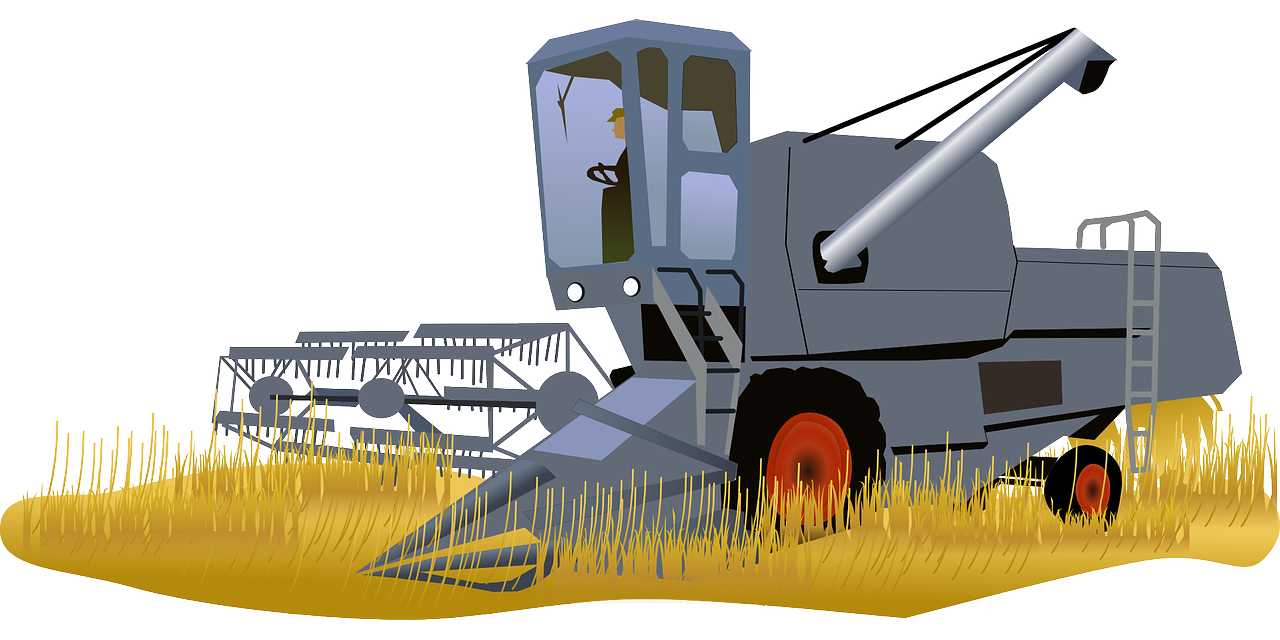I. Introduction
- Overview of the challenges faced by modern agriculture (e.g., climate change, population growth).
- Introduction to AI as a transformative tool for the farming industry.
II. Precision Agriculture
- Explanation of AI technologies used in precision farming (e.g., drones, sensors).
- Case studies showing improved crop yields and resource management.
III. Crop Monitoring and Disease Detection
- Use of AI for real-time monitoring of crop health and soil conditions.
- Examples of AI systems identifying diseases and pests early to minimize damage.
IV. Automated Farming Equipment
- Overview of AI-driven machinery (e.g., autonomous tractors, robotic harvesters).
- Benefits of automation in labor efficiency and operational costs.
V. Data-Driven Decision Making
- How AI analyzes large datasets to inform planting, watering, and harvesting strategies.
- The impact of AI on weather prediction and its role in crop planning.
VI. Sustainable Practices and Resource Management
- AI’s role in optimizing water usage and reducing chemical inputs (e.g., fertilizers, pesticides).
- Examples of sustainable farming practices enhanced by AI technology.
VII. Supply Chain Optimization
- Use of AI to improve logistics and reduce food waste from farm to consumer.
- Case studies on how AI can streamline distribution and inventory management.
VIII. Challenges and Ethical Considerations
- Discussion of the digital divide and access to technology for small-scale farmers.
- Ethical concerns regarding data privacy and ownership in agriculture.
IX. Future Trends in AI and Agriculture
- Predictions for the next advancements in AI technologies for farming.
- Potential for AI to support global food security and environmental sustainability.
X. Conclusion
- Recap of the transformative impact of AI on agriculture.
- Call to action for farmers and stakeholders to embrace AI for a sustainable future.
